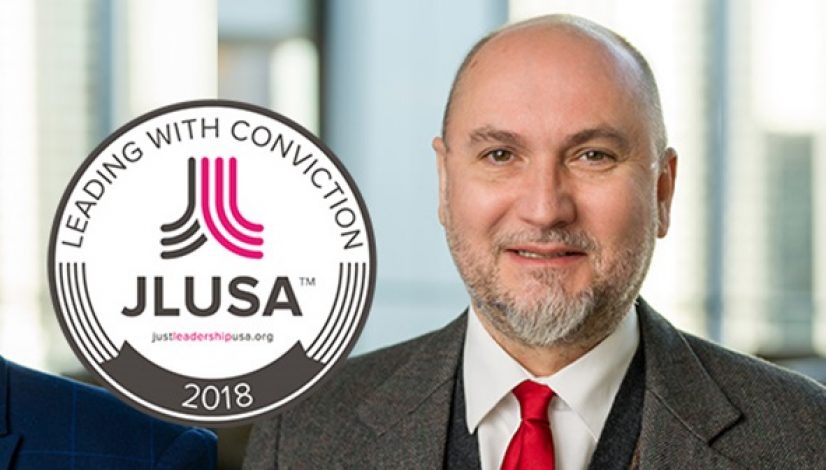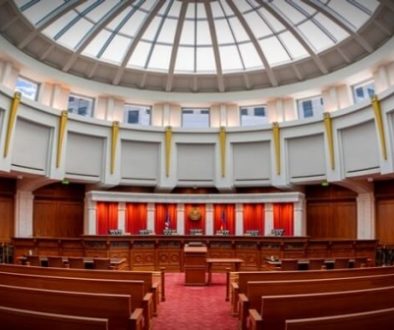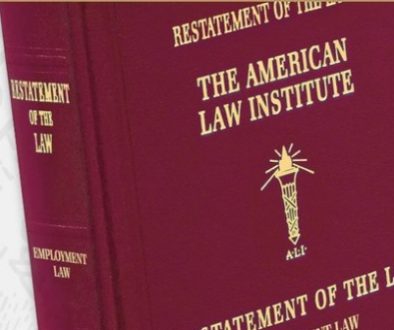Robin Vander Wall: “I want to be a conduit for change.”
By Robin . . . I am the vice chair of the National Association for Rational Sexual Offense Laws (NARSOL) and the founder and president of Vivante Espero, the foundation that supports it.
Our main focus is on reforming the incredibly onerous and punitive sexual offender registry laws that exist throughout the country. We are opposed to public registries in any form, but if the tool is going to be used, it should be used in such a way that comports with constitutional restraints, and today, that is not the case. The registry laws vary from state to state, but one thing they all have in common is the absence of any kind of due process. Our mission says it all: “NARSOL envisions effective, fact-based sexual offense laws and policies which promote public safety, safeguard civil liberties, honor human dignity, and offer holistic prevention, healing, and restoration.”
Our strategy is three-fold. First try to engage the public, which is difficult because of the stigma surrounding people charged with sexual offenses. But in spite of the stigma, our support has grown since our first national conference in Boston in 2008. Most of our support comes from family members, spouses, and moms in particular. These are folks who, if you’d met them before a family member got in trouble, they would have been in favor of the registry and totally supportive of everything it purports to achieve. But after they deal with this upfront and personal, it’s a totally different reaction. They see the damage, harm, and destructive force of public registries. Second and third are a combination of legislative lobbying and litigation. We go into places where we as a team feel like the restrictions are so onerous that they’re probably low hanging fruit legally speaking. And we work to build partnerships with other criminal justice reform organizations because unless we place some restrictions on this Pandora’s Box, states will start to use the registration tool to cover other categories of felonies, and that kind of mission creep is very dangerous.
While I was in prison I went through a massive transformation spiritually and practically. Before prison I never had any concept of social justice and was a self-identified conservative Republican who grew up as a Southern Baptist. In prison I converted to Catholicism because I saw where social justice fit in and understood Christ’s teaching that whatever you’re doing to the most marginalized man or woman, you’re doing to me. It was a dramatic, eye-opening experience, and I realized that I wanted to be a conduit for change. It occurred to me that a lot of skills I developed during my previous life – managing campaigns, being involved in politics, direct mail copy writing, raising a lot of money for candidates — I could use to advocate for fair sexual offense laws. After my release, I hit the ground running.
I am very pleased and honored to be part of the Leading with Conviction cohort. I’ve learned a lot and look forward to using the tools and honing my skills to become a more effective leader and to raise up other leaders, because that’s what this is all about.
Editing Note: The original iteration of this profile highlight contained an errant “not” in the second sentence of the second paragraph making it appear as though NARSOL does not oppose public registries. This language has been replaced and the sentence now accurately reflects the position of both NARSOL and the author.



